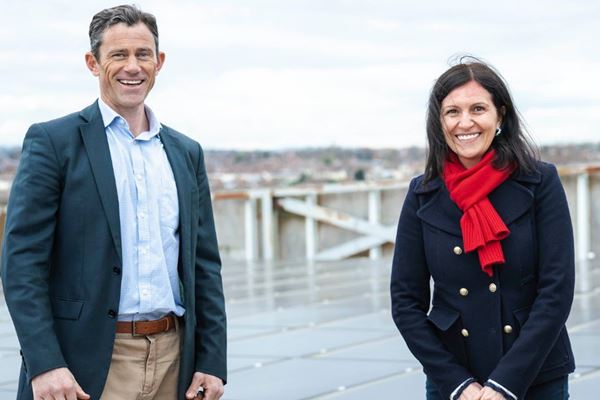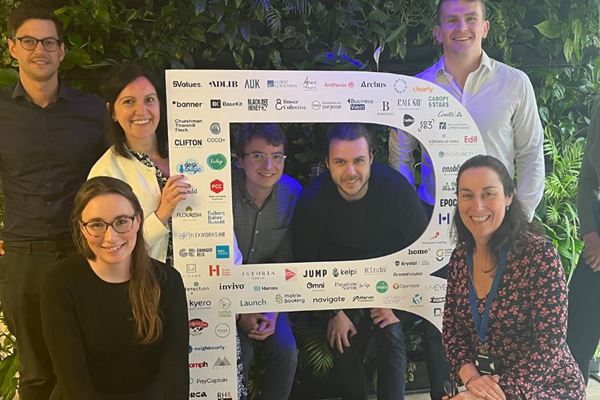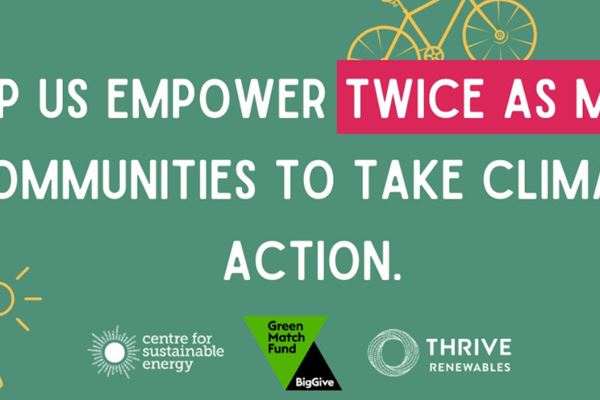We shouldn’t underestimate the achievement that there has finally been some consensus and agreement that we have a problem – especially with the big players like China, Russia and the USA getting on board. The summaries coming out of France certainly have an element of hope to them, and they’re certainly not detrimental.
The focus on 2°C, and further endeavour to curtail climate change to 1.5°C is beginning to feel like progress, although seeing as we’ve already warmed up by 0.5°C since 1975 (1) , it makes me wonder when the world's 7.3 billion people will incorporate the impact of the way we live our lives into our day-to-day consciousness.
It’s not beyond our capabilities as individuals, businesses and nations to make meaningful change. The Montreal Protocol (2) , agreed in 1987, saw the world take the action required to slow the damage CFCs do to the ozone layer. With scientific consensus, a universal recognition of the risk to human health through failure to address, and technical solutions for the problem, action was global, decisive and effective. Perhaps Paris has taken us a step towards a robust approach to the challenge of climate change. There is consensus, recognition and solutions - we just need the will of the masses to deliver.
Considering the challenge we face in turning the climate change super tanker around, or at least slowing its progress, I hope that the 1.5°C ambition will be the required stimulus for governments to revisit the cost of carbon abatement curves, bringing renewables, energy efficiency and cleaner transport to the fore.
Unfortunately, these things will not happen overnight. But if the ambition of a global balance between the greenhouse gas emissions generated and the planet’s oceans and forests' ability to absorb this carbon between 2050 and 2100, at least we are facing in the right direction, even if the progress is somewhat belated and the goal posts 50 years apart.
In addition to the richer nations' pledge to invest £67bn annually until 2020 into developing economies with a view to leapfrogging innovation to control greenhouse gas emissions while growing economic activity, Britain needs to keep its houses in order. The government’s commitment in this year to utilising the full economic potential of North Sea’s fossil fuel resources seems to fly somewhat in the face of the 2°C ambition. I hope that sitting in Paris this past fortnight will have seen those in power in this country think a little more progressively.
Globally we are taking small but important steps forward, though interestingly £67bn is only 8 per cent of the declared spend on the military (3) . We must soon wake up to the reality of the threat to the planet in the same way as we perceive the threat to our borders!
How can we, as individuals, play a role in this global push to fight climate change? We must adjust the way we live our lives, and tread as lightly as we can. As a business, Triodos Renewables is committed to addressing climate change by contributing to a sustainable energy system. We are generating renewable electricity, displacing fossil fuels, using equipment which pays back the energy and emissions associated with its fabrication, manufacture, delivery and construction in three to six months. We are also looking at ways to contribute to storage, energy efficiency and demand side management to evolve the energy system to sustainably utilise more renewable sourced power.
COP21 saw foundations laid, hands shaken and promises pledged. The fate of the world as we know it depends on what happens next. Fingers crossed the planet affords us sufficient time and stability to deliver the required change and the greater consciousness demonstrated in Paris translates into action when the participants head home.
1 http://earthobservatory.nasa.gov/Features/WorldOfChange/decadaltemp.php
2 http://ozone.unep.org/en/treaties-and-decisions/montreal-protocol-substances-deplete-ozone-layer



